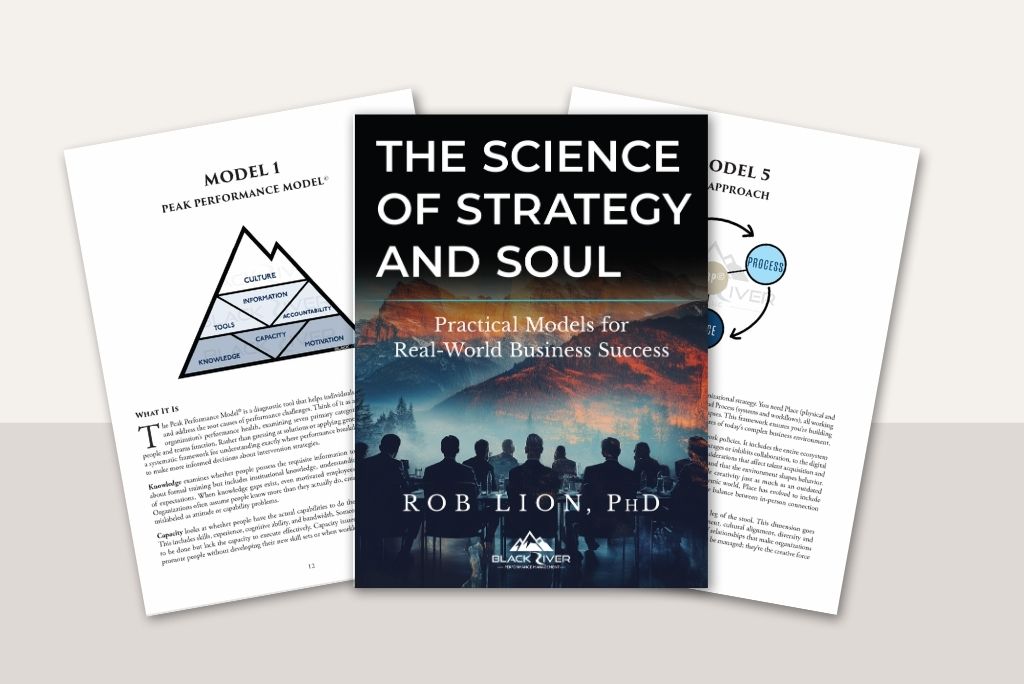Warning: This one might sting!
Let’s pretend we’re sitting down for a feedback conversation. You’ve got your coffee. I’ve got mine. I look across the table and say something that might not sit well at first, but I need you to hear it:
You’re not actually leading—you’re just cheerleading.
Take a breath. I’m not saying you’re not important to your team. I’m not saying you don’t care. What I’m saying is this: the role you think you’re playing—“leader”—might actually just be a well-meaning hype person who’s not doing the real work leadership demands. And that distinction matters.
This reflection has been gnawing at me lately, especially as I continue to observe the blurry lines we’ve drawn between leadership and management. We throw these terms around as if they’re interchangeable, but in reality, that surface-level thinking is stalling actual progress. If we’re going to make meaningful change in our organizations and develop our people in a way that fuels trust, growth, and impact, we need to get more granular. Titles don’t mean much when behaviors don’t match.
One of the most common deficiencies I see in organizations today? A lack of feedback and accountability—especially from those who proudly wear the “leader” title. And I’m not just talking about annual evaluations or drive-by comments. I’m talking about real, meaningful, developmental feedback that helps someone do better and be better.
Now, let’s be honest. It’s easy to default to cheerleading. It feels good. It’s low risk. It keeps things light. You encourage, you smile, you say “great job” even when you know it wasn’t. And people like you for it—for a while. But eventually, people figure it out. They feel the lack of depth, and it erodes your credibility. The moment your team realizes you’re unwilling to be honest with them—even when they’ve given you permission to be—that’s the moment they stop seeing you as their leader.
Here’s the thing: People want to do good work. They want feedback. They want clarity. Even when it stings, the most powerful feedback hits a nerve because the recipient already knows they’re misfiring—they just don’t know how to course correct. A strong leader steps in with courage and candor, not just pom-poms and praise.
I want to make sure I am clearly understood: I’m not saying you have to embody every perfect leadership trait or deliver feedback like a seasoned coach. But if you only show up for the “fun” parts of leadership—the praise, the pep talks, the inspiration—you’re not really leading. You’re picking and choosing based on personal comfort, not people or organizational needs.
So, here’s the challenge: Stop calling it leadership if you’re avoiding the hard parts. If you truly want to influence growth, earn trust, and create lasting change, you’ve got to do the difficult, uncomfortable, absolutely necessary parts of the job—including giving honest, timely, growth-oriented feedback.
Your team deserves that. And frankly, so do you.



